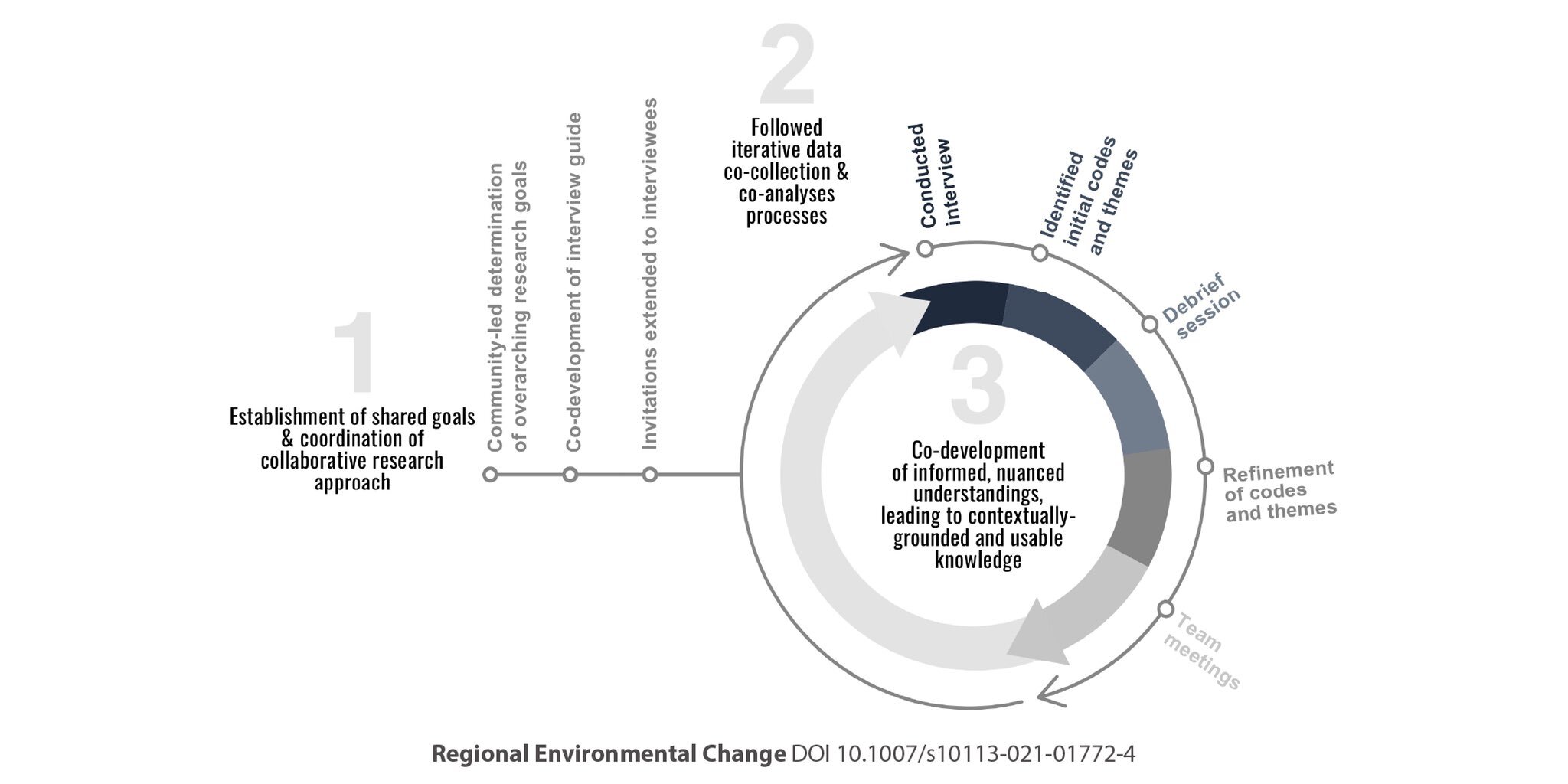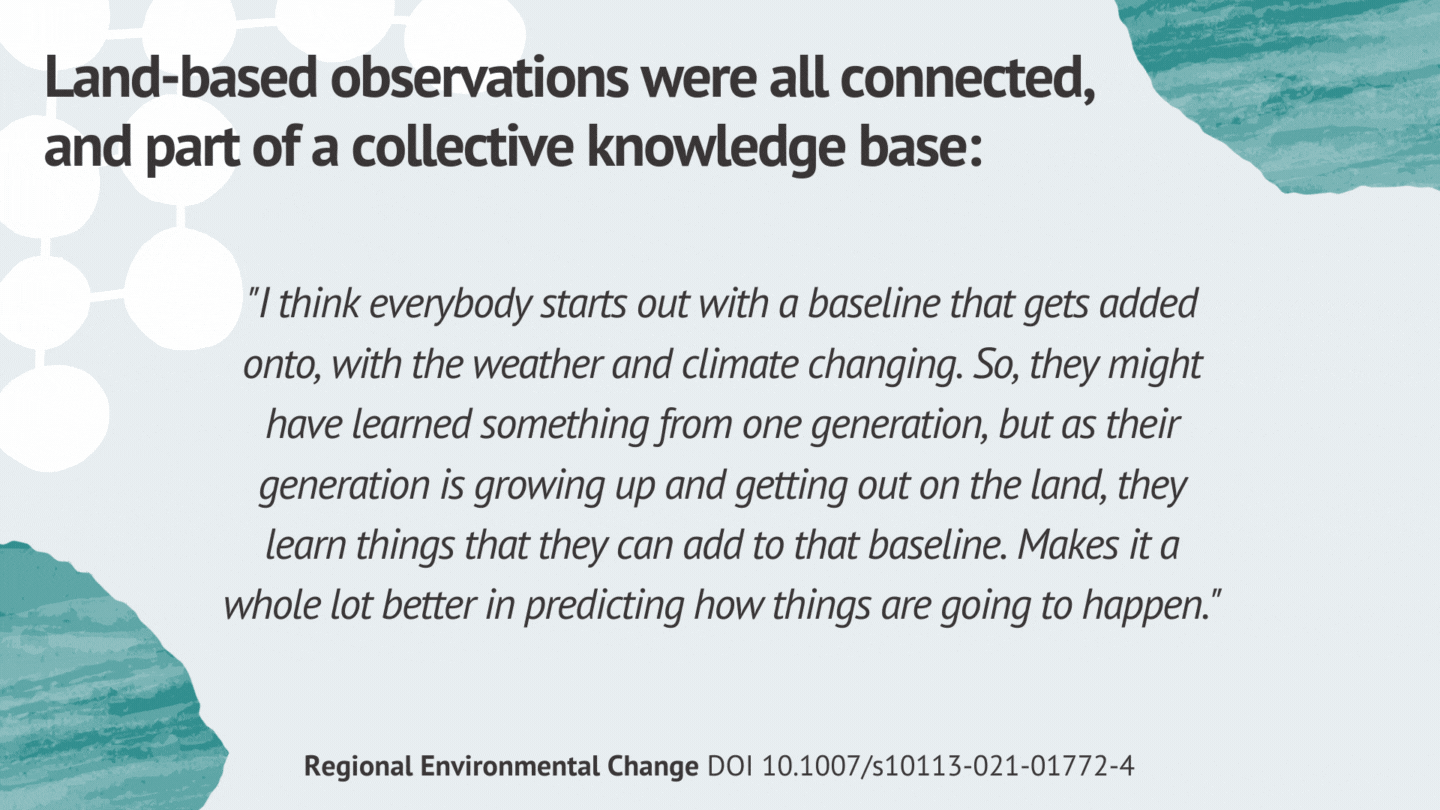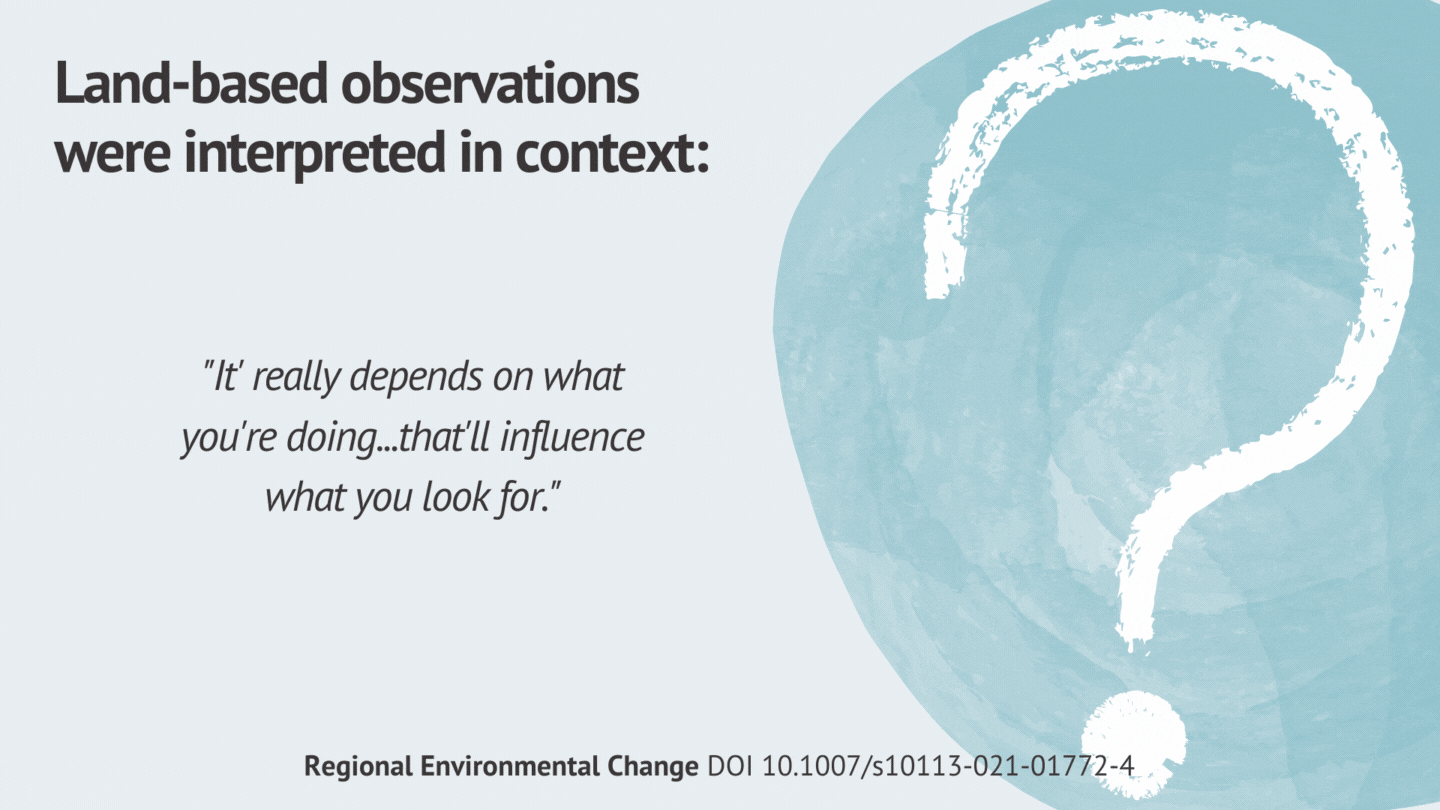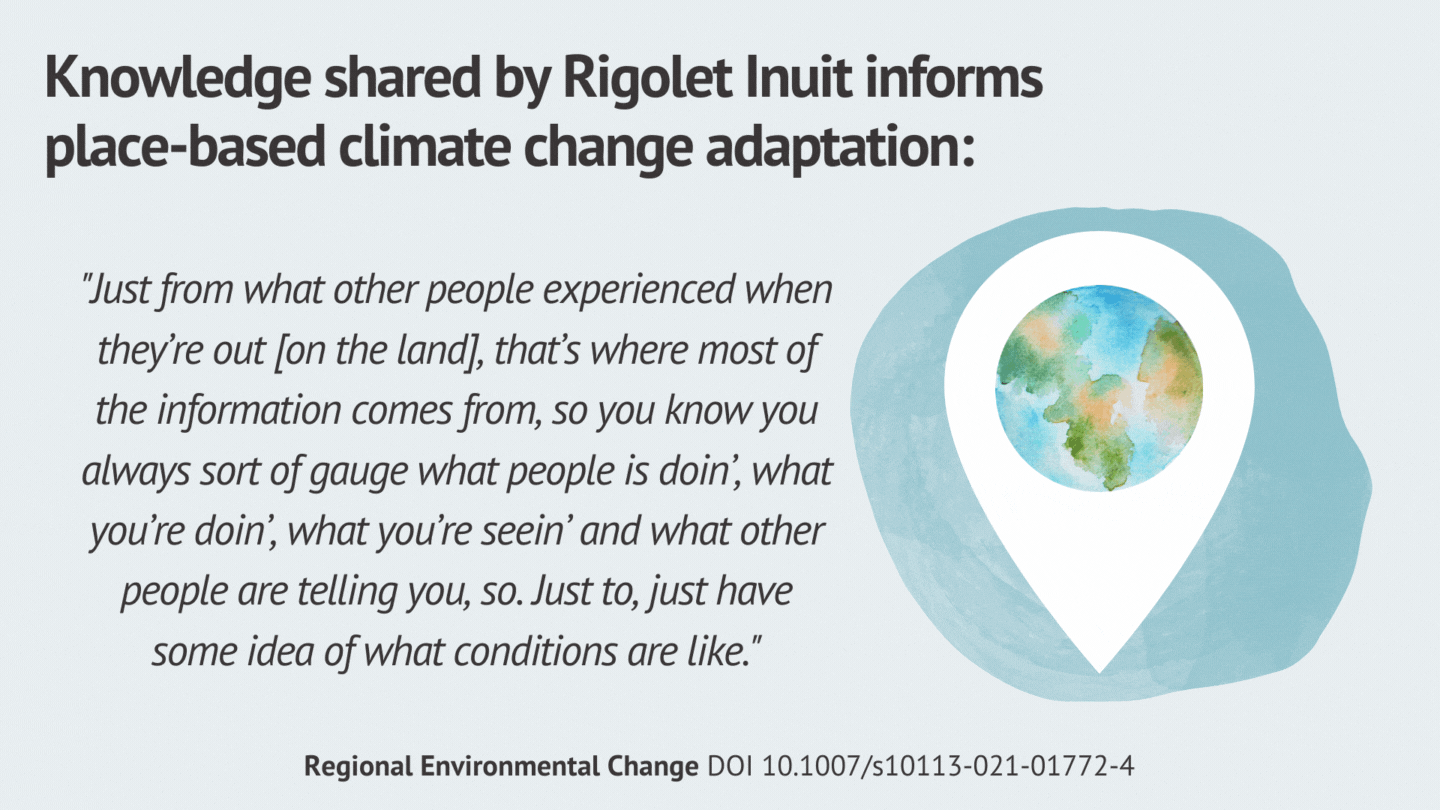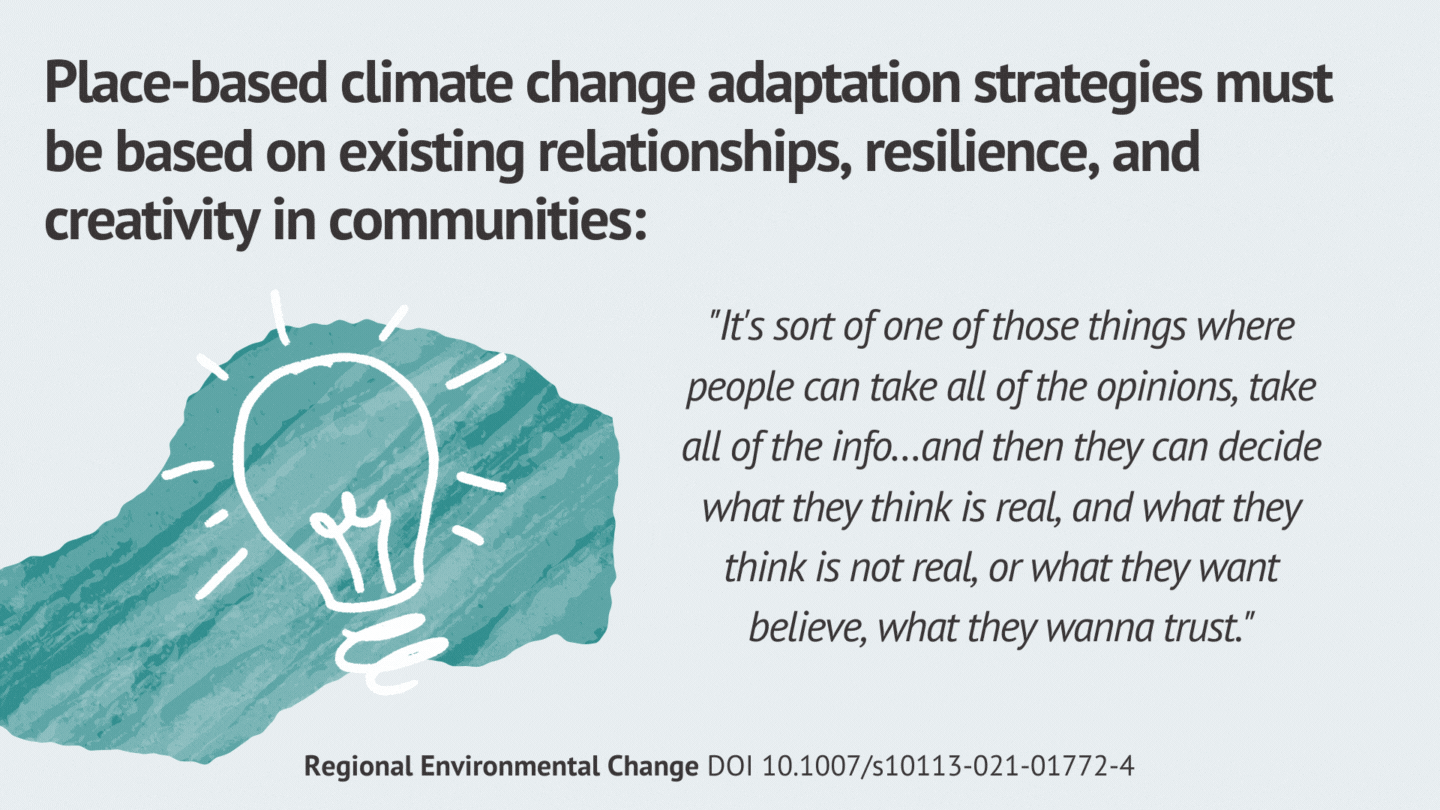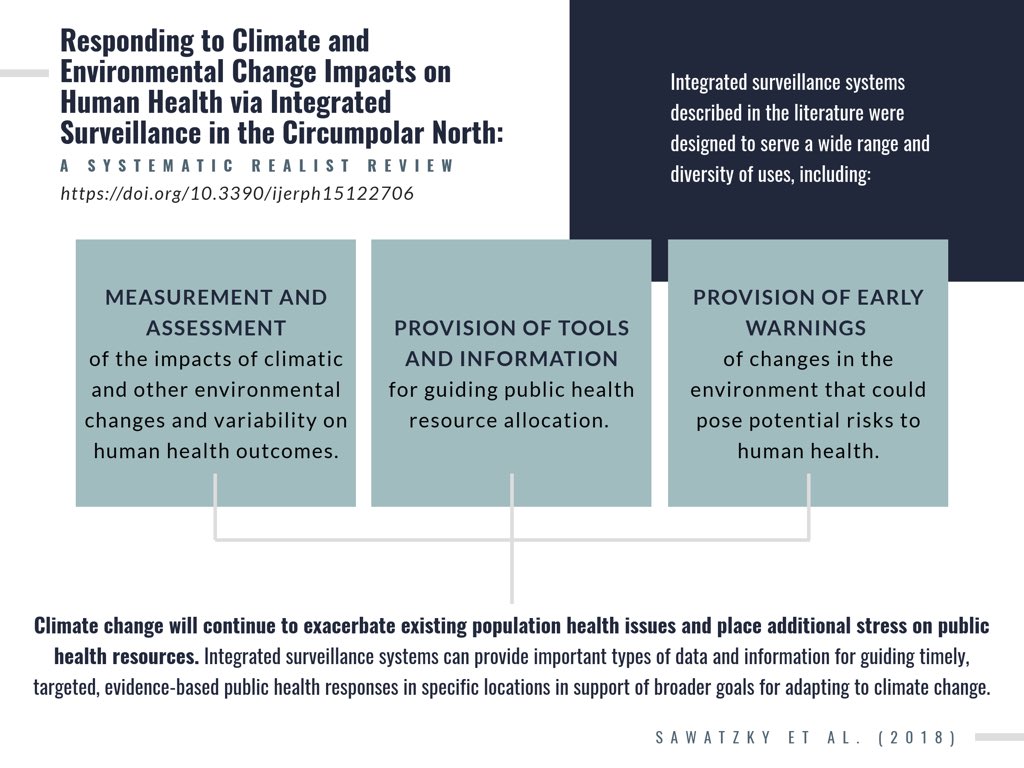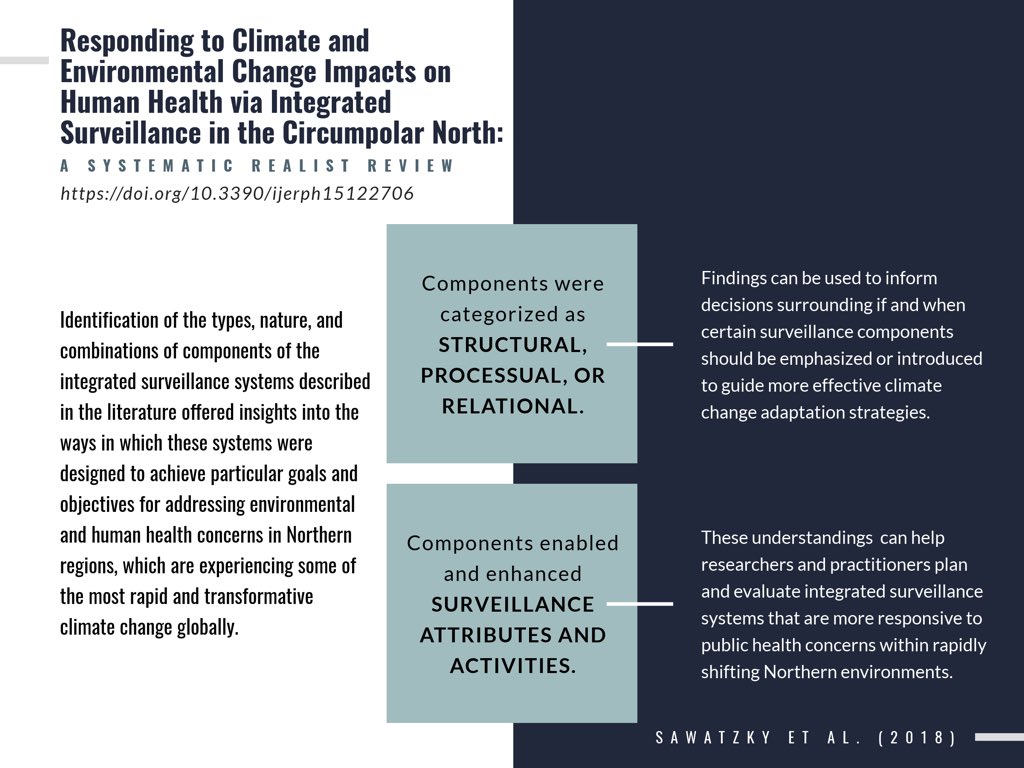Written by Alexandra Sawatzky, PhD Candidate
Between April 30 and May 3, Jacquie, Mel, and I were privileged to attend the first biennial Labrador Research Forum in the Upper Lake Melville Region of Labrador. This gathering involved the communities of Happy Valley-Goose Bay, Sheshatshiu First Nation, and North West River, and engaged the three Indigenous nations of this region: the Innu, Nunatsiavut Inuit, as well as NunatuKavut Inuit. Over 150 delegates, including researchers, government representatives, community leaders and organizations, and the broader public came together to engage in dialogue and co-learning surrounding research in the North, by the North, for the North.
The Forum kicked off with an afternoon of cultural activities in Sheshatshiu First Nation, including beading, sewing, and snow shoe making. These activities, together with the opening ceremony at the beautiful Sheshatshui Ussiniun Youth Centre, instilled a strong sense of community among the attendees that set the tone for the rest of the Forum.
This Forum was structured differently to more conventional research gatherings, with presentation sessions containing a 5 minute research outline, followed by a 10-minute discussion with the audience. This led to engaging, dynamic sessions that encouraged deeper dialogue, as well as many opportunities for continued dialogue outside of the session during coffee breaks. As an audience member, I felt there were more opportunities to be an active participant within the session, and more space for deeper listening and engagement with the ideas and topics.
Grounding these ideas and topics were several intellectually and spiritually stimulating plenary panel discussions. The first plenary of the Forum was comprised of a panel of Indigenous leaders from across the region, who discussed their views on research as reconciliation and challenged the conventional understandings of the words “research” and “reconciliation.” These words carry great weight, and we have a responsibility to unpack and understand their connotations in order to use them effectively and with an awareness of their history. This first plenary, and all of the plenaries, presentations, and discussions that followed, emphasized the importance of our distinct contributions to research as reconciliation, which is premised on core values of truth, respect, and humility.
Truth
Starting from a place of truth, we can work towards reconciliation. President Todd Russell of the NunatuKavut Community Council emphasized this point in the first plenary panel, as he explained that pathways toward research as reconciliation must be developed in partnership with Indigenous peoples, partnerships wherein the research community understands its own truth, its own place.
Respect and reciprocity
Practicing respectful partnerships with people, plants, and animals can help move research forward in a good way – towards reconciliation. This idea was explored through a plenary on Caribou and people in Labrador, where the panelists described how hunters should position themselves as caretakers of the animals they choose to hunt, and engage in partnerships with these animals.
These types of partnerships are also important in the research community, where there is a long history of researchers viewing people, plants, and animals merely as “subjects of study,” rather than respecting them as partners in research endeavors. Cultivating respectful partnerships requires researchers to position themselves as caretakers of data, as explained by Dr. Margaret Kovach in her keynote address titled: “Indigenous research, Indigenous methodologies, and the power of Indigenous knowledges in informing research practice.” Dr. Kovach went on to say that the word “data” in Latin means gift. The knowledge and stories shared by Indigenous peoples through research partnerships should be understood and accepted as gifts, which connects to the responsibility of all those involved in research to practice and uphold respectful, reciprocal partnerships.
Humility
The importance of cultural humility was also introduced in the “Research as Reconciliation” plenary, and was frequently revisited throughout the Forum. In research, cultural humility involves reflecting on where we are coming from as we enter into research partnerships, and where we hope to go together with that research. Moreover, cultural humility involves coming to the table with an open mind, as well as with the willingness to step back from the table every so often to listen and learn. We must be mindful of the questions we ask, and aware of the words and language we use to ask those questions. We must accept the value of the answers we receive and the lessons we learn from asking those questions – beyond accepting knowledge, we must value that knowledge.
In reflecting on these ideas with Mel and Jacquie, Mel noted that she was particularly impacted by President Todd Russell (NunatuKavut Community Council) questioning the term “higher education,” as well as the ways in which we determine who is an “expert.” Jacquie and I felt similarly to Mel in that President Russell’s words reminded us that the research we do involves knowledge systems and worldviews that we have very little understanding and lived experiences of.
(Re)framing research as (re)conciliation
Participants were encouraged to critically reflect on how we frame “research as reconciliation” through unpacking the meaning of each of those terms. Unpacking these terms from a place of truth, respect, and humility is crucial in order to understand the role research has played, and can continue to play, in colonization of Indigenous peoples and lands.
The plenaries, keynotes, presentations, and workshops at this Forum encouraged further explorations of the ways in which “research” transcends beyond academia to involve the communities, governments, and environments within which the research takes place. Furthermore, many panelists and presenters reiterated the fact that “reconciliation” needs to be understood as more than just a buzzword. Reconciliation involves action.
Part of this action involves coming together as community, through opportunities like this Forum, to discuss and develop pathways toward reconciliation through research. Ultimately, moving towards and along these pathways requires a commitment to cultivating and sustaining relationships premised on truth, respect, and humility.


